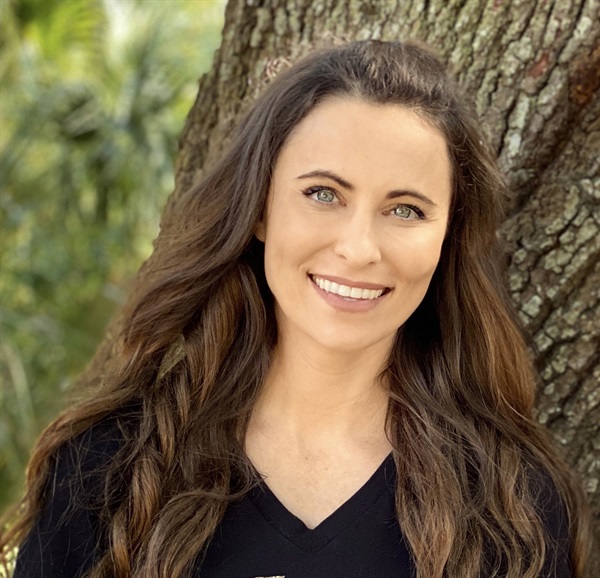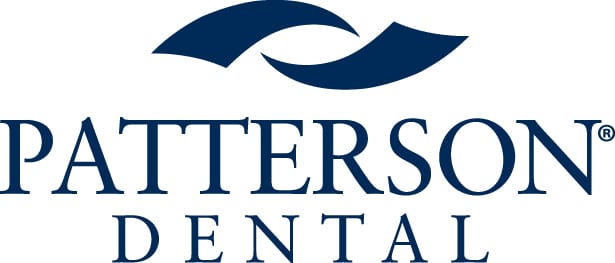By: Michelle Strange, MSDH, RDH
Despite the emphasis on infection prevention being “prevention,” it is unfortunately inevitable that infection control breaches occur from time to time.
The handling of these incidents can have a significant impact on patients, staff, and the dental office itself. You may be tempted just to sweep it under the rug or shift the blame onto someone else, but adhering to established protocols is the best and safest approach for managing infection control breaches.
How do infection control breaches occur?
Infection control breaches can occur at any step of the dental process. But most often, accidents have been known to occur during the cleaning and sterilization process of patient care equipment.
One notable incident happened at a Florida College of Dental Medicine involving over 1,100 patients. All one thousand of these patients had to be notified of the possibility of contracting a bloodborne disease as a result of a staff member failing to adhere to correct sterilizing measures during reprocessing.
While this was embarrassing, to say the least, embarrassment aside, this breach could lead to more significant consequences, such as the possibility of a patient contracting a life-threatening disease from an otherwise routine dental procedure.
How an ICC can help to minimize control breaches
As a dental healthcare provider with an already busy schedule of running the office, taking on the role of an infection control coordinator or ICC could mean stretching yourself thin, and specific aspects of procedures or protocols may be overlooked. Dropping the ball on any element of infection control could lead to breaches.
Although lapses in infection control do occur, even with proper protocols in place, having an ICC to monitor and provide oversight constantly can significantly reduce the chances of them occurring. If an incident occurs, an ICC will also know the proper measures to employ to mitigate the risks.
It is the responsibility of the infection control coordinator to collaborate with dental clinicians, and office managers to determine what has occurred, initiate post-exposure protocols, and implement controls to prevent a similar breach from occurring in the future. They will also collaborate with public relations teams, bringing their expertise to provide the right level of assurance to patients and the wider public and thus reduce reputational damage.
Fostering a culture of safety
Appointing an ICC at your office can help to build a working culture of safety rather than one of blame. With the latter, it’s possible that certain breaches may not even come to light as members of staff fear the potential repercussions. Whereas with a workplace environment that prioritizes safety and encourages transparency, mistakes can be easily identified, allowing remedial actions to be taken, and measures can be put in place to prevent a similar incident from happening in the future.
Training competent and vigilant personnel
Prioritizing dental infection control training is the most efficient strategy to limit exposure and risk. As an employer, it is your responsibility to make sure that your staff has the knowledge and skills necessary to do their duties safely while also keeping an eye out for patient safety. This training should be made available to new employees as soon as they begin duties that could expose them to a risk of injury or illness.
In addition, training is required at least once a year or during the implementation of new tasks and procedures. The workforce must understand why infection control must be taken seriously and that everyone on the team is responsible for protecting each other. Staff must be informed on protocols for IC, including what to report and who to notify in the event of an incident.
Most likely, an ICC will be the most qualified person to deliver this training, as they are well-versed in all aspects of infection control and prevention, including epidemiology, bloodborne pathogen transmission modes, immunization, and postexposure prophylaxis. Your ICC will also be the best source for information on infection control in the office, as they have established and implemented all control protocols themselves.
Awareness of the procedures for safe handling of equipment and the required processes are a necessary component for cultivating a culture of safety. It is essential to use appropriate safety devices and follow the recommended protocols to minimize the risk of exposure to infection. The ICC, as well as the rest of the workforce, can accomplish this through adequate training.
With a qualified infection control coordinator[3], dangerous or damaging breaches can be minimized or even prevented so that your staff and patients are safe from healthcare-associated infections, ultimately creating an environment for safe dental visits.

Michelle Strange, MSDH, RDH, brings over 20 years of experience to her numerous roles in dentistry. A graduate of the Medical University of South Carolina with a bachelor’s of health science and the University of Bridgeport with a master’s in dental hygiene education, she is focused on expanding the knowledge of her colleagues in all aspects of health care. Strange’s passion for dentistry and its connection to overall health extends to her community and global efforts. Currently, she is the cofounder and cohost of the longest-running podcast for dental hygienists, A Tale of Two Hygienists, the cofounder of Level Up Infection Prevention and TriviaDent, a practicing dental hygienist, and client success manager for MouthWatch.


